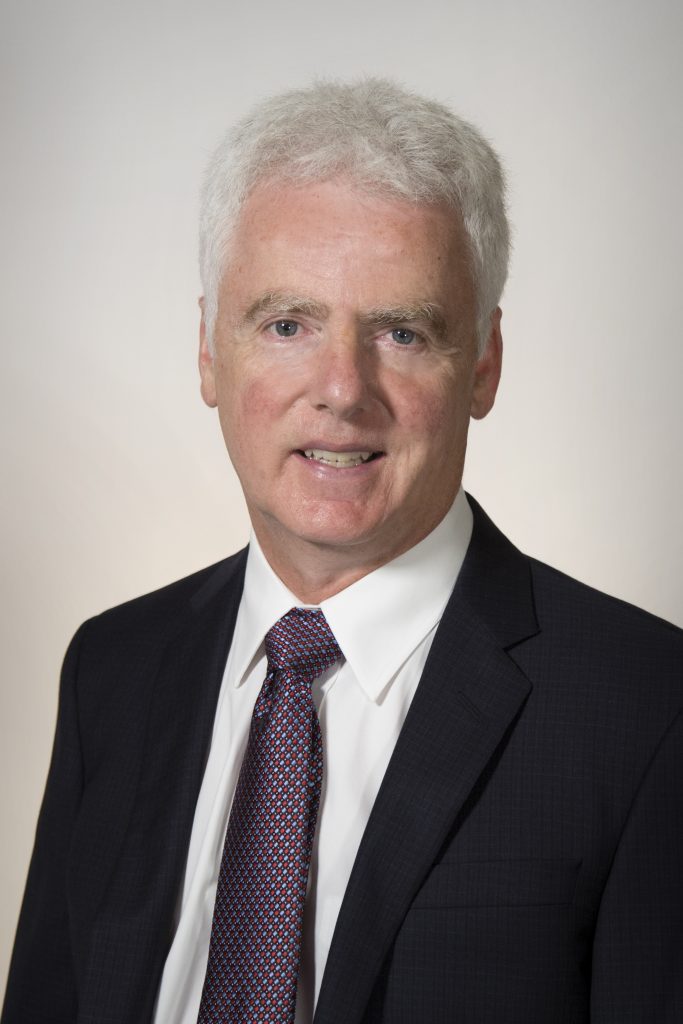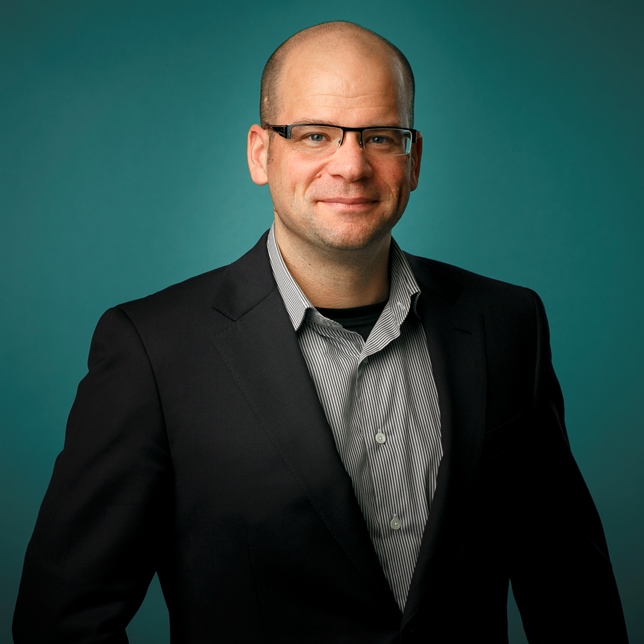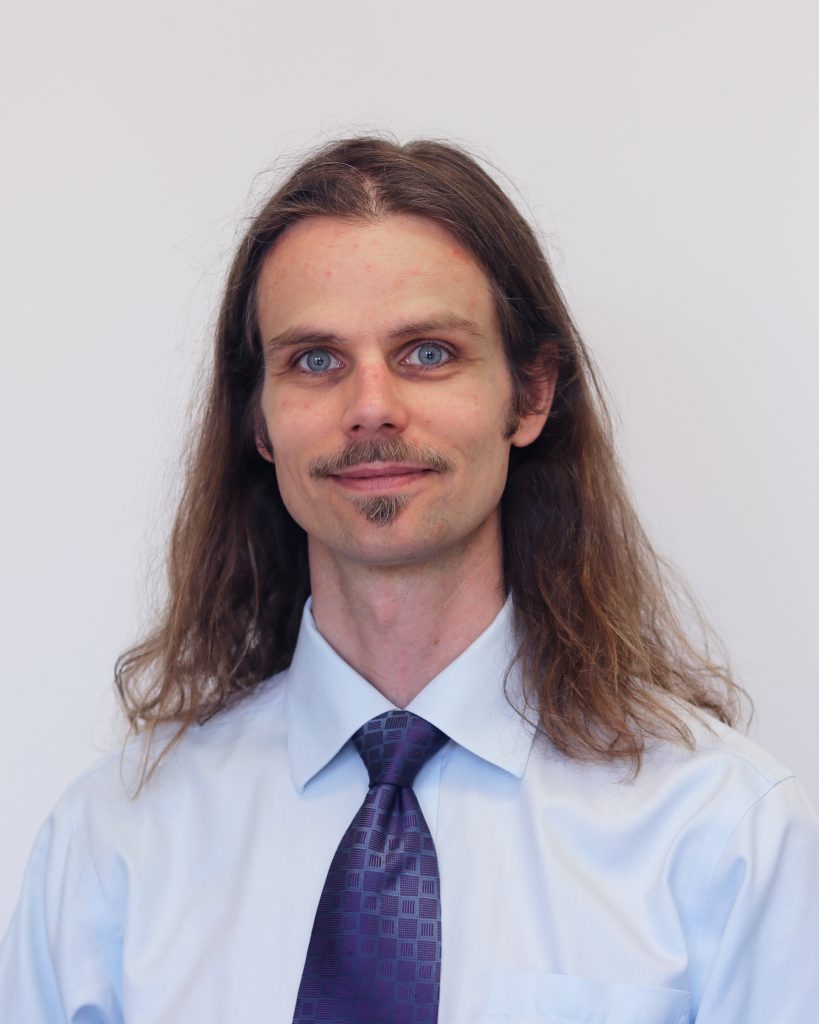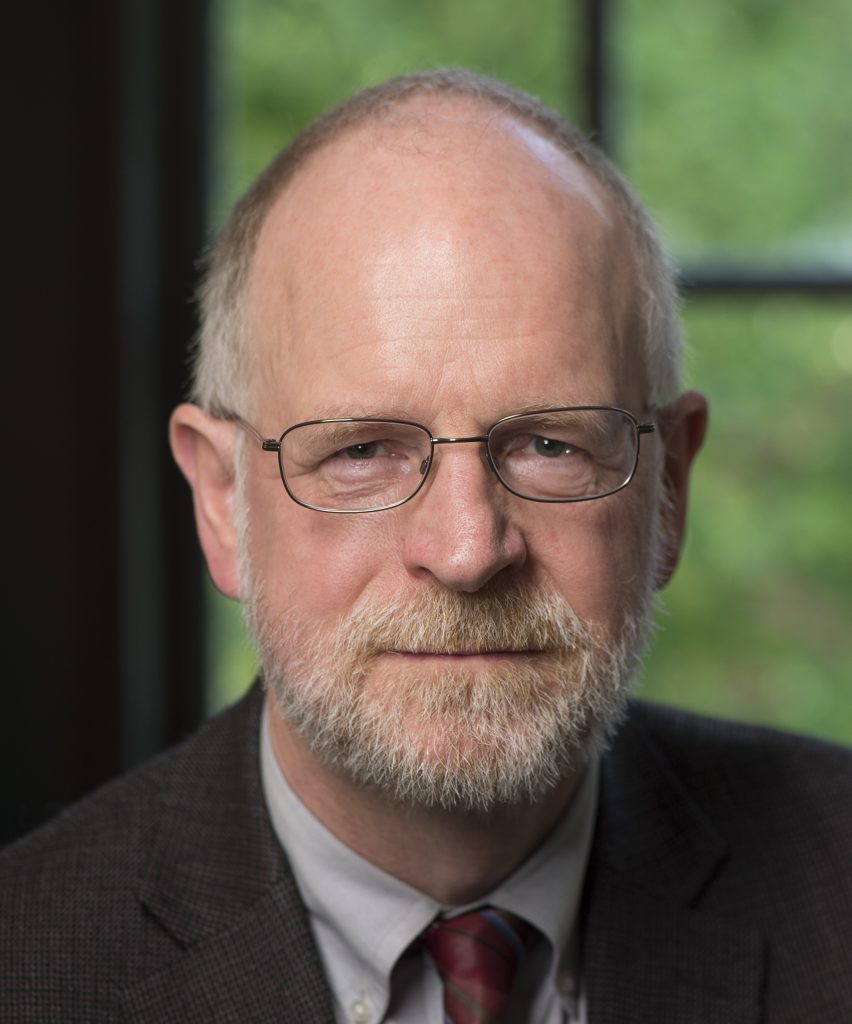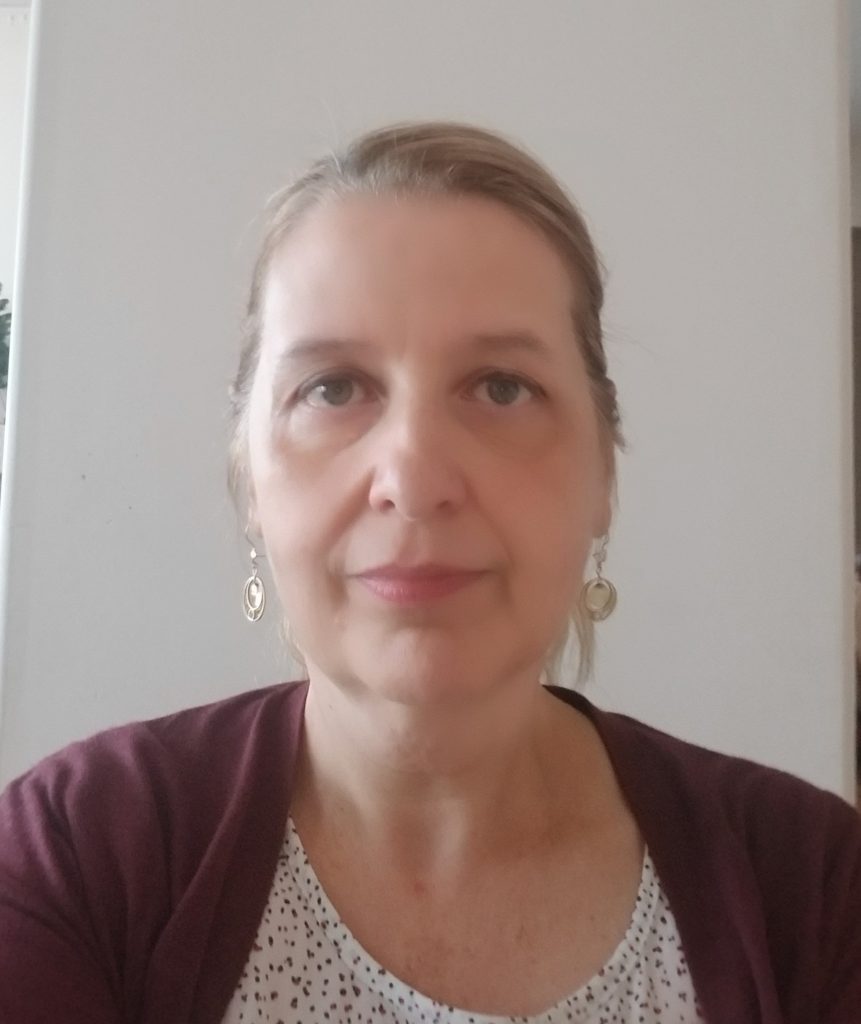All conference participations should have received personalized links to join the conference platform through the email addresses that you used for registration.
In addition to instructions you have received through emails, please consider the following notes after you join the conference platform with the personalized link:
- Use the Live Q&A box on the right side of your screen to ask questions to the presenters during the keynote and panelist discussion. You can also take notes in the “My Session Notes” section on the right-hand side of the screen. Simply type in your notes during the session and click “save”. You can export your session notes by clicking the export symbol on the top right corner of your screen and then “Export My Notes” to receive your notes via email.
- If you have any technical difficulties within the platform, please contact Live Support by clicking on this symbol in the top right corner of your screen.
- While watching the keynote and panelist discussions, which take place within the conference platform, you can maximize the video window to view the presenter and the presentation slides at the same time by selecting the arrow icon in the top right corner of the video. To minimize your screen again, select the same icon.
- The Paper Sessions will take place in Zoom Meetings. To find the link for the session, click on the Session title and then under Information select “Click Here to Access the Paper Session” to open the Zoom meeting. If you don’t have the Zoom app installed already, you can either download the app or join via browser.
- Lastly, after this session ends, select “Back to Conference Home Page” at the top right corner of the conference page to return to the homepage and join the next session.

